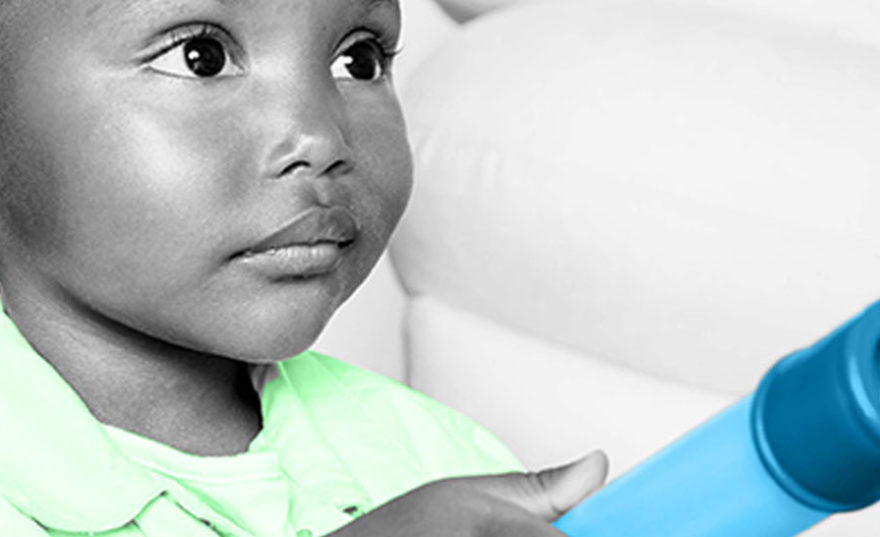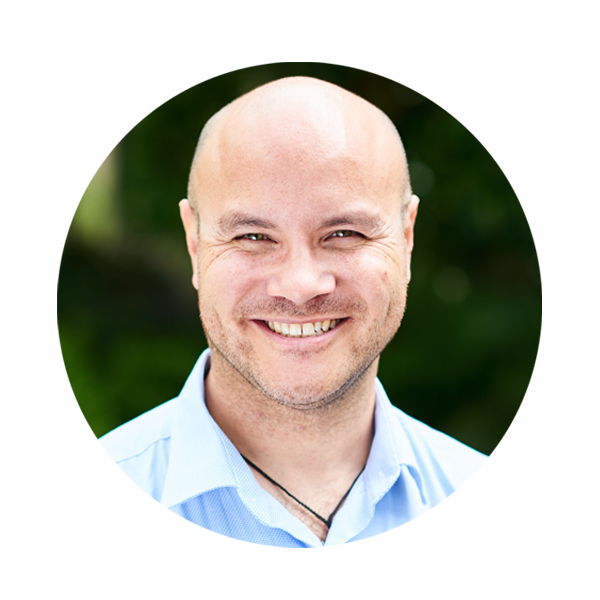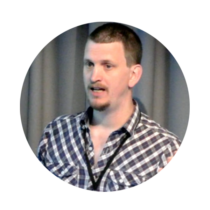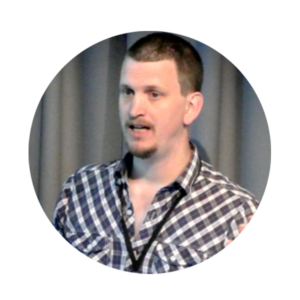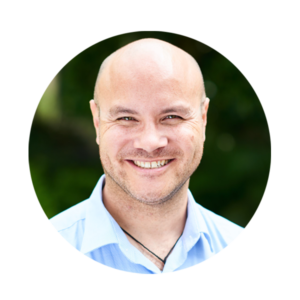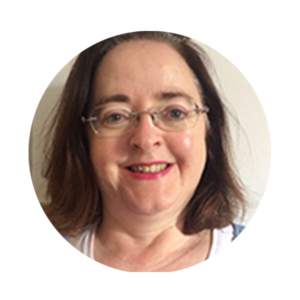Please read the Code of Practice on this page and sign up at the bottom. Signing up indicates your agreement to abide by this Code.
Scope: This document covers all aspects of community interaction and moderation on the ACAMH SIG Basecamp area.
Moderation aims: The Basecamp area provides an opportunity for SIG members readers who wish to post content, discuss and debate issues more generally.
Community standards: There are 10 simple guidelines which we expect all participants to abide by, all of which directly inform our approach to community moderation (detailed below). These apply across the site, while moderation decisions are also informed by the context in which comments are made.
In short form;
- If you act with maturity and consideration for other users, you should have no problems.
- Don’t be unpleasant. Demonstrate and share the intelligence, wisdom and humour we know you possess.
- Take some responsibility for the quality of the conversations in which you’re participating. Help make this an intelligent place for discussion and it will be.
In long form;
- We welcome debate and dissent, but personal attacks (against authors or other users), trolling and abuse will not be tolerated. The key to maintaining the Basecamp area as an inviting space is to focus on intelligent discussion of topics.
- We acknowledge criticism but will not allow misrepresentation of ACAMH, the SIG or individuals and entities. For the sake of robust debate, we will distinguish between constructive, focused argument and smear tactics.
- We understand that people often feel strongly about issues debated on the site, but we will consider removing any content that others might find extremely offensive or threatening. Please respect other people’s views and beliefs and consider your impact on others when making your contribution.
- We reserve the right to redirect or curtail conversations which descend into “flame-wars” based on ingrained partisanship or generalisations. We don’t want to stop people discussing topics they are enthusiastic about, but we do ask users to find ways of sharing their views that do not feel divisive, threatening or toxic to others.
- We will not tolerate racism, sexism, homophobia or other forms of hate-speech, or contributions that could be interpreted as such. We recognise the difference between criticising a particular therapy, organisation, community or belief, etc and attacking people on the basis of their race, religion, sex, gender, sexual orientation, disability or age.
- We will remove any content that may put us in legal jeopardy, such as potentially libellous or defamatory postings, or material posted in potential breach of copyright.
- We will remove any posts that are obviously commercial or otherwise spam-like. Our aim is that this site should provide a space for people to interact with our content and each other, and we actively discourage commercial entities passing themselves off as individuals, in order to post advertising material or links. This may also apply to people or organisations who frequently post without adding substantively to the quality of the discussion on Basecamp.
- Keep it relevant. We know that some conversations can be wide-ranging, but if you post something which is unrelated to the original topic (“off-topic”) then it may be removed, in order to keep the thread on track. This also applies to queries or comments about moderation, which should not be posted as comments.
- Be aware that you may be misunderstood, so try to be clear about what you are saying, and expect that people may understand your contribution differently than you intended. Remember that text isn’t always a great medium for conversation: tone of voice (sarcasm, humour and so on) doesn’t always come across when using words on a screen. You can help to keep the SIG community areas open to all viewpoints by maintaining a reasonable tone, even in unreasonable circumstances.
- The platform is ours, but the conversation belongs to everybody. We want this to be a welcoming space for intelligent discussion, and we expect participants to help us achieve this by notifying us of potential problems and helping each other to keep conversations inviting and appropriate. If you spot something problematic, please report it. When we all take responsibility for maintaining an appropriate and constructive environment, the debate itself is improved and everyone benefits.
Moderation approach: Participants who seriously, persistently or wilfully ignore the community standards, participation guidelines or terms and conditions will have their posting privileges for all the SIG and ACAMH areas withdrawn.
This is not an action that we take lightly or arbitrarily. However, we are aiming to create and maintain an online experience consistent with the values of ACAMH, and we reserve the right to make decisions which we feel support that. Please be aware that moderators may contact you by email in relation to your participation, especially where an issue comes up in relation to these community standards. Any advice they give/request they make should be adhered to, as our moderators are employed to enforce these community standards and create a constructive environment for everyone who contributes to our site.
We will, when necessary, remove user postings or comments and any other content.*
If a contribution is perceived as breaching the community guidelines set out above, then it will be removed by the community team, in the interests of keeping community areas of the site appropriate for the vast majority of the people who visit.
(*NB: We will not edit user posts to change the meaning, spelling, or anything else intended by the user. Even if only part of a comment or posting is perceived as breaching the community guidelines, the whole thing may be removed. Also, when a comment or post is removed for any of the reasons above, it is sometimes necessary to delete subsequent messages which refer to explicitly or quote from the original (removed) comment, in order to preserve some notion of conversational thread. This may also happen because a later comment quotes directly the problematic bits of the original comment, which just perpetuates the problem. In such cases not every deletion will be marked individually.)
We reserve the right to take steps or implement measures which we hope will benefit the whole community.
Because we are ultimately responsible for everything which appears on this site, all actions and decisions taken by our moderators are final. We can’t enter into correspondence regarding specific moderation activity, although all correspondence will be read.
Please tick the box below to confirm you wish to join the Neurodevelopmental SIG. By ticking the box I confirm I have read the Code of Practice above and agree to abide by this Code.

